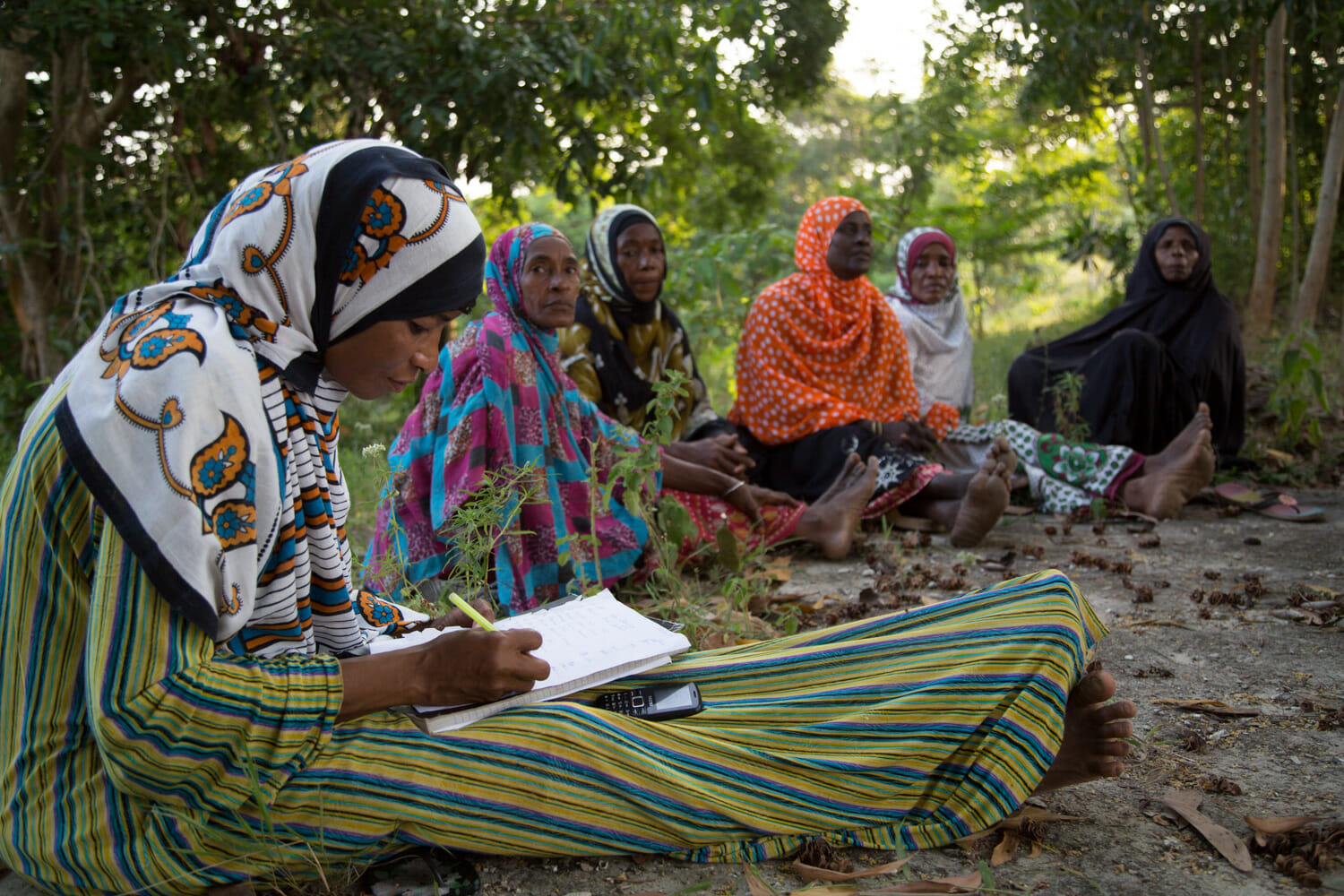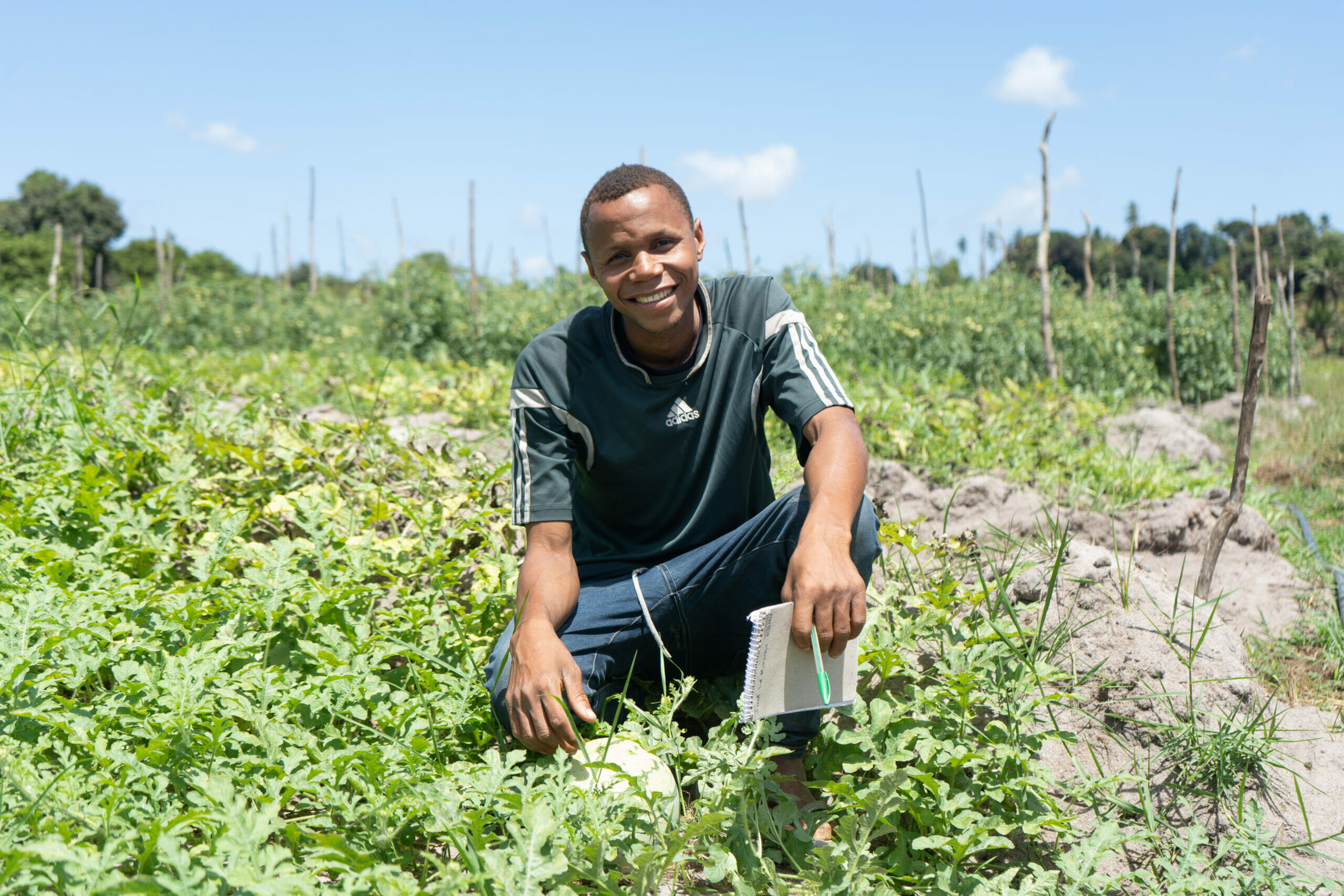Subscribe To Your Favourite Forests
Stories from the Wabanaki forest of the Maritimes, the Spice Forests of Zanzibar, and the mangrove forests of Mozambique.
Sign Me UpStories from the Wabanaki forest of the Maritimes, the Spice Forests of Zanzibar, and the mangrove forests of Mozambique.
Sign Me UpIn a country dominated by agriculture, how do we grow climate-resilient ecosystems and livelihoods?
Zanzibar’s Farmer Field Schools are teaching small-scale farmers the skills and techniques they need to grow resilient farming livelihoods. The curriculum includes sustainable and organic farming practices that cover the entire crop production cycle—from land preparation, water management, pest control, harvesting and storage—as well as skills like business management and enterprise creation.
We’ve reached thousands of farmers already, and you can help us reach thousands more.
Your donation today will go directly to growing the Farmer Field School programme to hundreds of more communities across Pemba and Unguja islands.

A young woman takes notes during a session on climate-smart horticulture best practices.
Farmer Field Schools are in-field, on-the-ground learning spaces that emphasize problem-solving and discovery-based learning. This approach is used to build farmers’ capacity to analyze their production systems, identify problems, test possible solutions, and eventually adopt the most suitable practices for their own farming systems.
By establishing model farms and learning hubs directly in the communities, Community Forests can offer agricultural training opportunities that reflect the local knowledge, environment, and needs. That’s why the Field School approach works for the long term. In fact, over 95% of participants who enrol in the Farmer Field Schools adopt at least one climate-smart agriculture practice that they learn!
In Zanzibar, we’ve helped set up over 300 Farmer Field Schools in communities across the islands, and have enrolled an incredible 7,800 farmers in the various programmes offered!
We know that supporting the people and communities who live and work most closely with forests is not only essential for long-term solutions to work, but also the right thing to do.
Farmers registered in the Farmer Field Schools learn diverse topics and practices. By helping farmers to improve the production and value of their crops through climate-smart practices, we can help boost both community food security and climate resilience. What’s more, by ensuring farmers can create profitable businesses using these practices, we support resilient livelihoods for the future.
By growing spice and fruit trees intertwined with shrubs and ground crops, farmers can cultivate agro-ecosystems that are more resilient to threats like disease, disease, and climate change. What's more, producing a diversity of food and produce means diversified diets and sources of income. We think that's a win-win-win!
We also know the real experts are the farmers themselves.
That’s why Community Forests and our partners have also developed a teaching curriculum for farmers to become community-based leaders. By training farmers to become teachers themselves, we can grow our impact exponentially – while also ensuring the skills taught are community-driven and informed by the local context and knowledge.

A young farmer from Waamba Community graduated with knowledge of climate-smart irrigation practices for improved watermelon, tomato, and other thirsty crops.
The Farmer Field School programme is a huge success—but there are more and more communities asking for our support. We’ve reached thousands of farmers already, but there are thousands more who are looking for the support needed to create resilient farming livelihoods. That’s why we’re on a mission to double the number of farmers enrolled in Field Schools over the next two years.
That’s where you come in. Will you make a donation today to expand the Farmer Field School programme across Zanzibar?

Make a donation today and know that 100% of your donation will go towards growing the Farmer Field School programme—supporting thousands of farmers on their path to resilient farming livelihoods.
Support Today
We believe that businesses can be a positive force for good in our society when we work in tandem to protect and restore our shared forests. We are proud partners of businesses through 1% For The Planet and B-Corp, and are always looking to expand meaningful and value-aligned relations. Could your organization be next?
Learn More